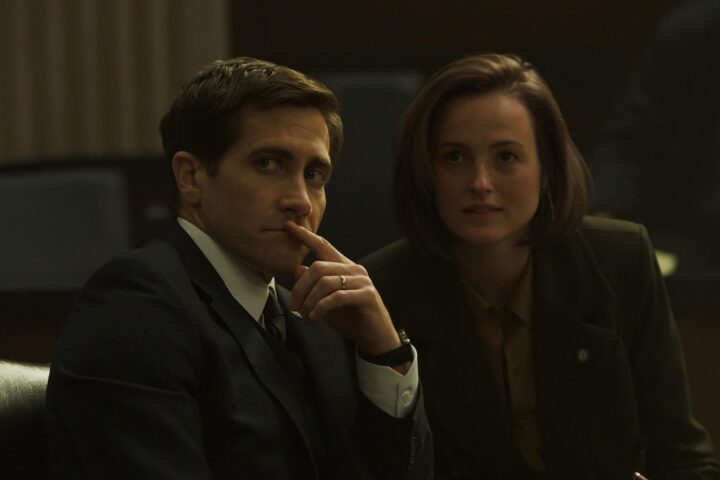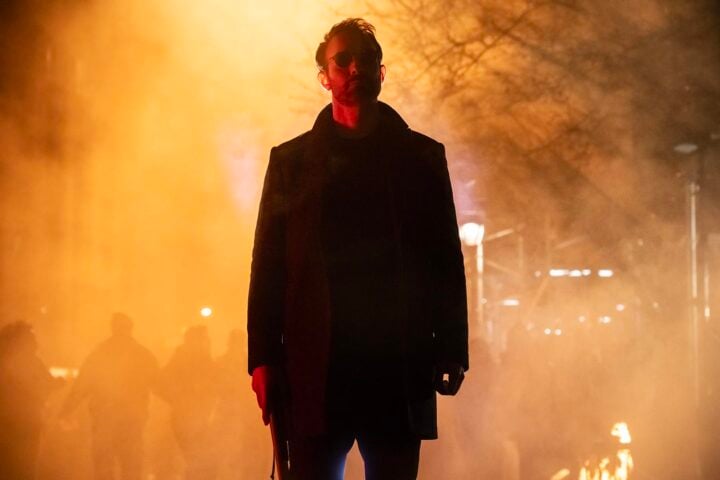In the Netflix political thriller Zero Day, a cyberattack shuts down America’s electronic infrastructure. The blackout lasts only one minute, but that’s enough time to leave thousands dead and the surviving millions in a state of fear. With a subsequent cyberattack looming, the government rallies an extraconstitutional task force to locate the source of the initial one. And believe it or not, the least of this terminally dull show’s problems is that the damned committee doesn’t even convene until the second episode.
The first episode is spent establishing the man placed in charge of this task force, ex-President George Mullen (Robert De Niro), who’s as reluctant as you’d hope for anyone to be when entrusted with such a degree of power. But Mullen is less a character than an idea, the fictional concept of the American president made flesh. Emerging from retirement, he makes headlines with a sappy West Wing speech in a ludicrous scene that depicts bipartisan unity by cutting to images of common folk staring at television screens in a state of patriotic rapture.
Mullen is such a fanciful creature, so capable of rallying both sides of the aisle, that the series perhaps inevitably obscures his party affiliation. A naïve and misguided project to begin with, Zero Day is possibly made even worse by being released in the midst of a right-wing political coup in America. The series is so stacked with asterisks and caveats meant to neutralize any point of view that it stands for nothing. Just about the only thing it has to say is that we should all work together to get along. It calls to end division but refuses to engage with the root causes of that division, because to do so would politicize what’s meant to be a political thriller.
In the face of such a gutless enterprise, all other issues become secondary, but they’re numerous nonetheless. Zero Day is a frightfully ugly show, and it’s so incapable of dramatizing its information-gathering processes—its characters are prone to summarizing what they’ve just learned or what they’re about to do—that it can hardly be called a procedural. In lieu of depicting how the U.S. and the world at large are reacting to the aftermath of the cyberattack, the majority of the actors—Jesse Plemons, Angela Bassett, Bill Camp, and Dan Stevens, among others—stand around delivering explanatory dialogue that basically amounts to dead air.
And at the center of it all is De Niro, who feels like the wrong actor to manifest grandfatherly reassurance out of thin air. It shows in his every vacant speech that he’s got nothing to work with, and he only jolts awake in those fleeting moments when his character’s actions are grounded in human emotion rather than attempted political charisma. There’s maybe half an idea here about the corruption of the seemingly incorruptible, but good luck seeing even that much of it given how hard this anodyne series works to drain itself of context and specificity.
Since 2001, we've brought you uncompromising, candid takes on the world of film, music, television, video games, theater, and more. Independently owned and operated publications like Slant have been hit hard in recent years, but we’re committed to keeping our content free and accessible—meaning no paywalls or fees.
If you like what we do, please consider subscribing to our Patreon or making a donation.







Geez. Going with the guardian review:
“astonishing amount of fun“